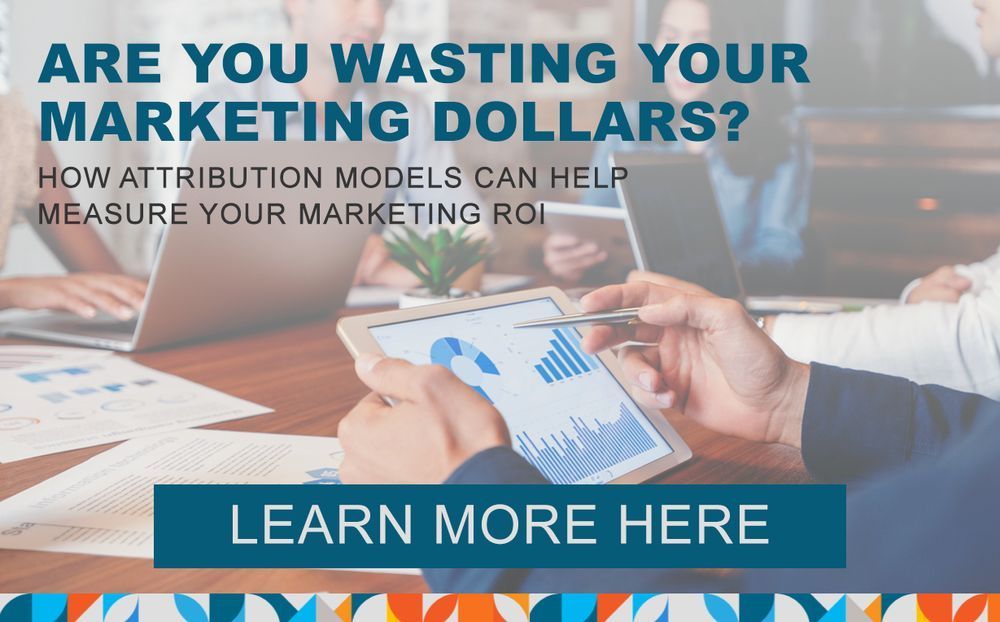The digital world is filled with acronyms. KPI. PPC. UGC. CTA. ROI.
Everywhere you look, there's a heaping bowl of alphabet soup. But this blog post is not dedicated to striking jargon from our marketing vocabulary. Instead, we're focused on two specific acronyms: SEO and SEM.

You've likely heard of them. You might know that both terms have something to do with search engines. And that's probably about it, right?
Let's change that.
What Are SEO and SEM?
Search engine optimization, or SEO, is the practice of optimizing your website via content, domain authority, and technical updates to help the site rank higher in Google search results. When someone searches using a term related to the content on your website, SEO helps your site come up in the results. SEO is organic — it's sometimes known as "organic search" — which means you don't have to pay for your site to rank higher in search results; you just have to use the right tools and tactics to improve your ranking.
And then we have search engine marketing, or SEM. This term essentially refers to advertising on a search engine's results page. SEM is a paid strategy that allows marketers to drive traffic to their websites by paying for each click an advertisement receives. Some refer to SEM as "paid search."
Some marketers consider SEM to be an umbrella term that includes SEO, but that's not entirely accurate. While SEO is entirely organic, SEM is definitely not.
How SEO Works
SEO can be a powerful strategy for small businesses in local markets because it's a cost-effective approach to optimize for local situations. It also offers the cheapest cost per conversion of any available marketing effort. Considering the top five links on the first page of Google search results garner more than 67% of all clicks, SEO is definitely worth the investment of time and resources.
Small businesses can hire SEO companies to optimize their websites through content and back-end technical tweaks. Oftentimes, SEO companies offer a variety of packages that fit different business needs. For example, a less competitive industry means a business probably won't need to produce a ton of content to rank higher in search results. In a more competitive industry, however, a small business may want to get aggressive with content production to boost its SEO results.
When Should You Use SEM?
When considering SEO vs. paid search, it's important to remember that SEM only involves paying for the clicks you receive. With SEM, your link appears at the top of a search results page — above the organic search results.
What's more, you can control how much you spend each month. SEM is "pull advertising," which means people who click your links are already looking for your product or service. In other words, you're not pushing your message in front of people who don't care.
Demonstrating the return on investment of your SEM efforts is important for justifying your digital marketing strategy. Google found that, on average, advertisers on the Google Ads platform made $2 for every dollar they spent. For small businesses and local marketing efforts, SEM is just as effective as SEO when it comes to increasing conversions and traffic.
Organic Search vs. Paid Search
Let's say one potential customer searches for the most common question regarding bariatric surgery: "Does insurance cover bariatric surgery?" Since this is a popular search, you might want to use SEM and pay Google to ensure that your website shows up before the search results. If your site has relevant content but doesn't specifically answer the search query, Google will charge you more money per click than it would if you had search-optimized content that directly answered the question. The more relevant your content, the lower your cost per click.
SEO is about creating new, high-quality content that is relevant to your audience. If you didn't have content directly relating to the question above about bariatric surgery, your SEO team could create a piece of content focused on that precise question. Then, you could start sending your SEM traffic to that relevant piece of content — while enjoying a reduced cost per click.
In the end, the question shouldn't be whether you should use organic or paid search. Every company should be using a combination of the two.
SEO and SEM aren't mutually exclusive; they work better together. To get the best results, use one to inform the other — and vice versa. For small businesses, this can make the difference between seeing an uptick in website traffic and conversions or being buried beneath pages of competitors' links.
For more information about how to advertise your business locally, contact us today.








